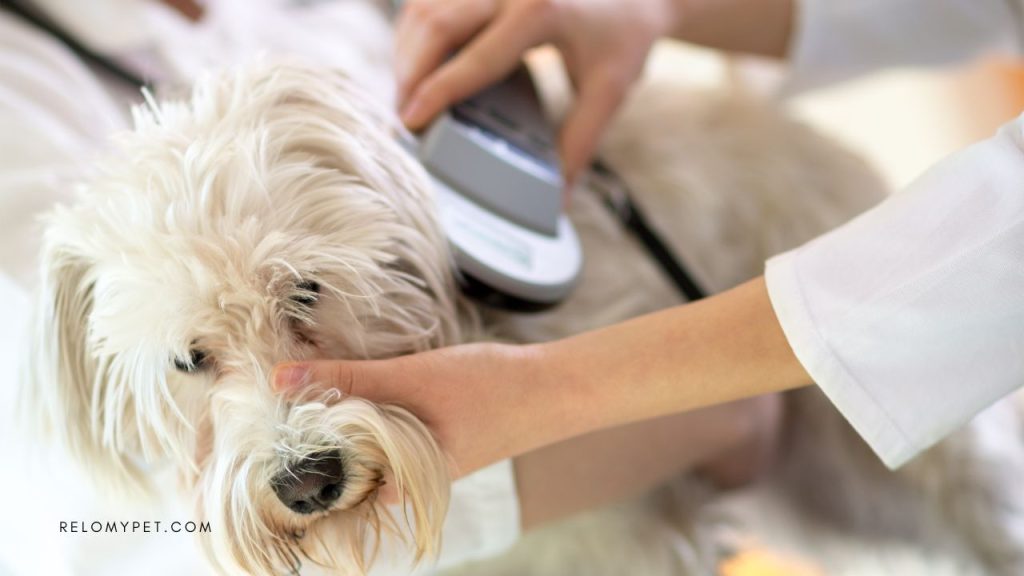Traveling to Greece with Your Pet: Understanding the Entry Requirements for Your Furry Companion
Table of Contents
Greece, with its stunning landscapes, rich history, and beautiful islands, is a dream destination for many. If you’re a pet owner, you’ll be thrilled to know that Greece is also a pet-friendly country that welcomes your furry companions with open arms. However, before you and your pet can embark on a Greek adventure, there are essential pet entry requirements and regulations to consider. In this guide, we’ll walk you through everything you need to know to ensure a hassle-free journey for both you and your pet, including specific requirements for travelers from Canada.

Getting Familiar with Greece's Pet Entry Regulations
Before you pack your bags and your pet’s essentials, it’s crucial to familiarize yourself with Greece’s pet entry requirements. These regulations are in place to protect the country from the spread of diseases and to ensure the well-being of all animals in Greece.
Microchipping & Identification
Greece requires all pets to be microchipped with an electronic identification system compliant with ISO standards 11784 (15 digits) or 11785 (readable at 134.2 Hertz). If the transponder does not conform to either of these standards, you must bring your own scanner capable of reading the transponder. Older tattoo markings remain valid, but you must be able to prove that the animal’s tattoo was made before July 3, 2011.

Vaccinations against Rabies
- Ensure your pet is vaccinated against rabies with an inactivated vaccine containing at least one antigenic unit per dose (W.H.O. standard).
- It is advisable to administer the rabies vaccination during a period of preferably 3 up to 11 months before the animal’s departure. Note that the rabies vaccination must occur after the pet’s identity has been established through the microchip. Any rabies vaccination administered before establishing the pet’s identity will not be recognized.

Health Certificate
- Obtain a certificate issued no earlier than two weeks before your departure by a veterinarian, attesting that your pet is in good health and fit for travel. The certificate must adhere to the uniform EU sample and be endorsed by an official veterinarian.
- Contact your local Canadian Food Inspection Agency (CFIA) to obtain an official endorsement for the certificate.

Entering Europe via Other Countries
- If your pet lacks valid rabies protection and you are entering Europe through a country other than Greece, contact the Embassy of that country in Canada.
- Additionally, contact your airline for information about their specific regulations. Airlines generally require an international health certificate, issued no more than 10 days before travel and endorsed by your regional veterinary services area office.
Additional Information
- For further information on pet movements from third countries to Europe, including Greece, please refer to the European Commission’s website: Movements of Pets (Dogs, Cats, and Ferrets) — Noncommercial Movement from Third Countries (EU-Regulation 998/2003)

Arriving in Greece with Your Pet
Once you’ve met Greece’s pet entry requirements and obtained the necessary documents, you’re ready to embark on your journey to this picturesque Mediterranean destination. Here are some essential tips for a smooth arrival and stay in Greece with your pet:
Pet-Friendly Accommodations
- Research and book accommodations that welcome pets. Many hotels, villas, and vacation rentals in Greece are pet-friendly.
- Ensure you understand the accommodation’s pet policies, including any additional fees.
Travel Comfort
- Make your pet’s journey comfortable with an airline-approved carrier or crate.
- Pack familiar items like your pet’s favorite toy or blanket to provide comfort during travel.
Local Pet Services
- Familiarize yourself with local veterinarians and emergency pet services at your destination.
- Carry essential pet supplies, including food, water, medications, and a first-aid kit.

Enjoying Greece with Your Pet
Greece offers a wealth of pet-friendly experiences for you and your furry companion to enjoy together:
Exploring Pet-Friendly Destinations
- Discover pet-friendly parks, beaches, and attractions where your pet can play and explore safely.
- Some popular pet-friendly destinations include Athens, Thessaloniki, and the Greek Islands.
Dining with Your Pet
- Many restaurants in Greece have outdoor seating areas where pets are welcome.
- Enjoy traditional Greek cuisine with your pet by your side.
Adventure Awaits
- Greece’s diverse landscapes offer opportunities for scenic hikes and outdoor adventures with your pet.
- Capture breathtaking moments together in places like Santorini, Crete, and Meteora.

Traveling to Greece with your pet is a fantastic experience, but it requires careful planning to ensure a smooth journey. By understanding and meeting Greece’s pet entry requirements, including the specific regulations for travelers from Canada, you can look forward to creating cherished memories with your furry friend against the backdrop of Greece’s stunning beauty. Enjoy your Greek adventure!
At Relopet International, we’re here to assist you with all your pet travel needs. Contact us today to start planning your journey to Greece with your beloved pet.

FAQ About Pet Travel to Greece
Traveling with pets in Greece can be an enjoyable experience if you plan ahead. Ensure your pet meets Greece’s entry requirements, including microchipping, rabies vaccination, and a health certificate. Choose pet-friendly accommodations and explore destinations that welcome pets. Always carry essential supplies and research local veterinarians in case of emergencies.
Entering Greece with a dog from Canada requires careful preparation. Ensure your dog is microchipped with an ISO-compliant transponder and has received a rabies vaccination with proper documentation. Obtain a health certificate endorsed by an official veterinarian, and remember to adhere to Greece’s pet entry requirements. For further details, consult the Canadian Food Inspection Agency (CFIA) and Greece’s specific regulations.
Yes, you can take your pet on a Greek ferry. Many ferry companies in Greece allow pets onboard, but there may be specific guidelines and fees. It’s advisable to contact the ferry company in advance to confirm their pet policy, including crate or carrier requirements and any necessary documentation.
In Greece, you can obtain a veterinary certificate from a local veterinarian. When visiting Greece with your pet, it’s essential to have this certificate, especially if you plan to explore different regions. Ensure the certificate meets the requirements set by Greece and the European Union and has been endorsed by an official veterinarian to ensure it’s valid for travel.
Contact Relopet International
For seamless and stress-free pet transportation services, rely on Relopet International. We understand the importance of your pet’s safety and comfort, and our expertise ensures a smooth travel experience for both you and your furry companion. Contact us today to learn more about our services.

I never knew that about cat behavior. Thanks for the informative post! It’s fascinating to learn more about what makes cats tick.
This is such a helpful guide for pet parents planning to travel to Greece! 🐾 Understanding entry requirements can be overwhelming, but your detailed breakdown makes it much easier to navigate. Ensuring our furry companions are safe and comfortable while traveling is so important, and posts like these are invaluable for those of us who don’t want to leave our pets behind.
Speaking of pampering your pets, don’t forget to bring along some special treats for the journey! 🎄
I appreciate how it resonates with pet lovers. Looking forward to reading more of your content, Great post!